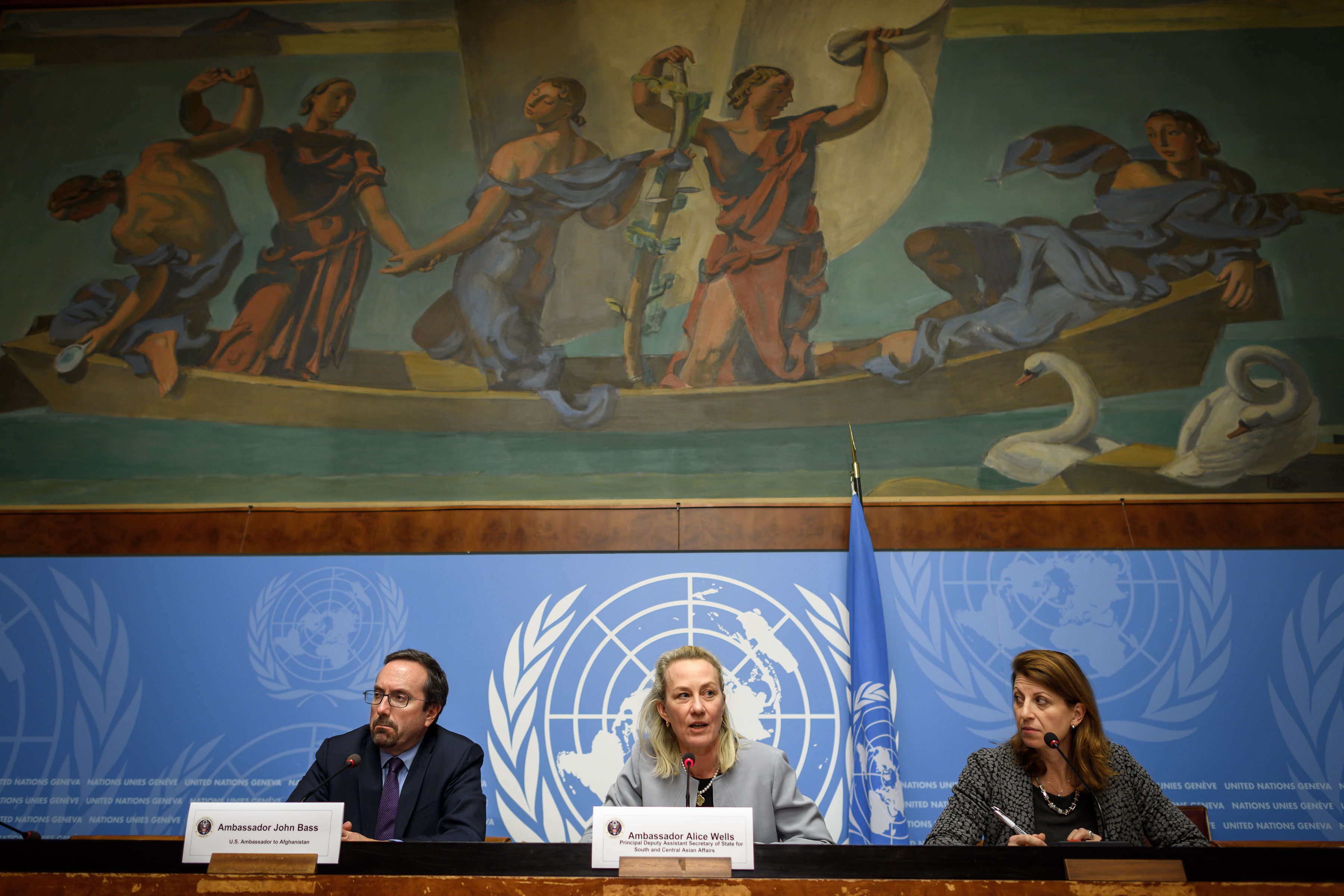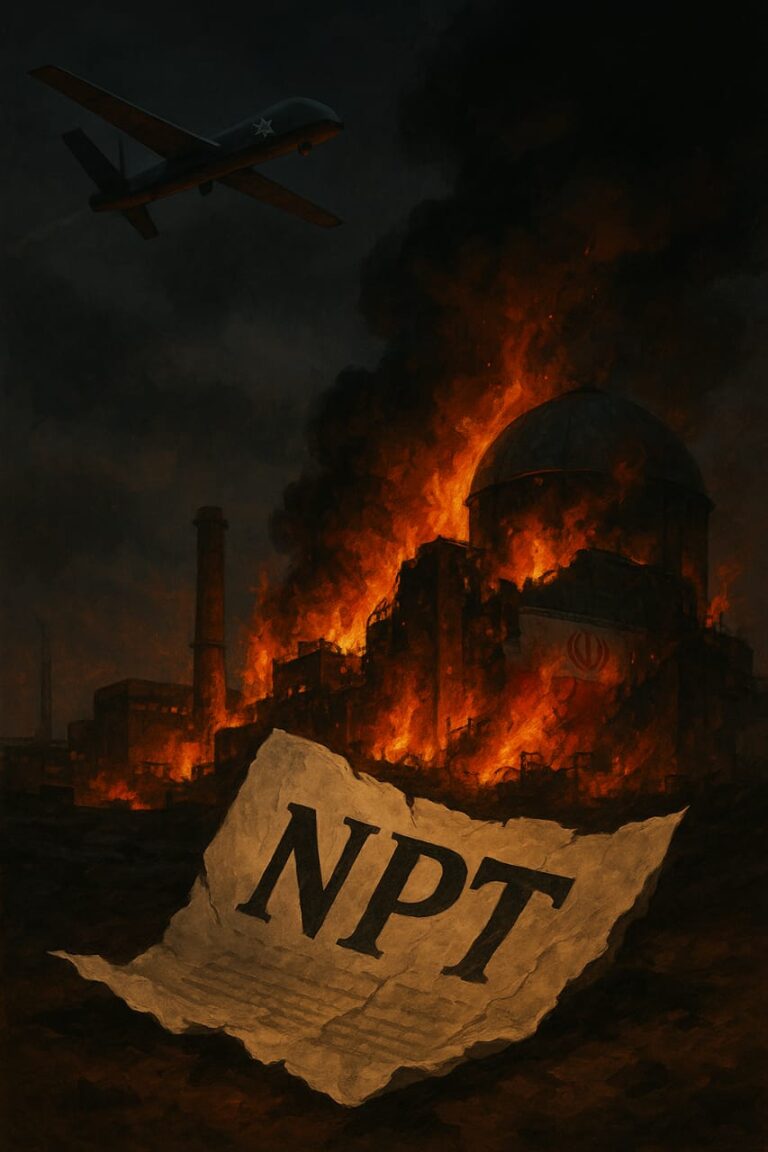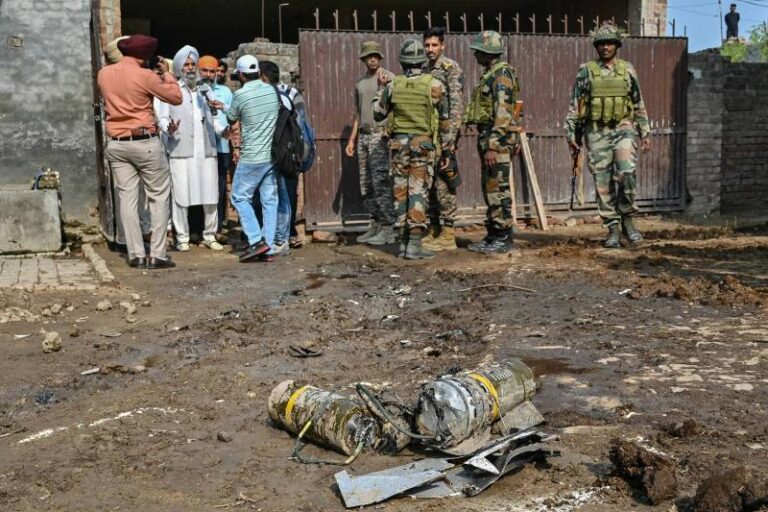
Source: AFP
Qadir Khan Yousafzai
The Afghan imbroglio is becoming more complex by the day. Kabul was jolted with yet another suicide blast on a ceremony celebrating the birth of the Holy Prophet. The dastardly attack resulted in 50 casualties. The fact that religious clerics were targeted on a day that is revered by all Muslims, reflects badly on the state of affairs in Afghanistan. The Taliban not only dissociated itself from the attack but also condemned it. Though the responsibility has not been claimed by any group, however, the Islamic State’s Khorasan faction has often hit religious sites and public places on ethnic grounds. All this shows that the Afghan conflict is not only between the US and the Afghan Taliban but the war is also being waged against elements that have no regard for any religious norm or value.
In order to bring peace in Afghanistan, not only are foreign powers organizing conferences to chalk out viable frameworks but the US and Taliban are talking directly. After a heated exchange of tweets with Pakistan’s Prime Minister, Imran Khan, US President Donald Trump wrote a letter to him, seeking his help in facilitating talks with the Taliban to bring an end to the 17-year long war. This was followed by US Representative for Afghanistan Reconciliation, Zalmay Khalilzad’s visit to Pakistan as part of his region-wide visit for peace efforts. Khalilzad has been in the thick of things ever since his appointment. The peace process has gained momentum with the arrival of Khalilzad, who thinks that this is the best chance for reconciliation. Needless to say, despite 17 years of US military presence in Afghanistan, the Taliban controls more than half of the country and carry out attacks on a daily basis. Khalilzad asserted that not only the Afghan government wants peace but the Taliban too feel that its interests are not served by military means. The US government is on the lookout for ways to reach a political settlement. This is evident by the fact that the US has accepted a few of the demands of the Taliban to include holding direct talks. Taliban’s spokesman, Zabiullah Mujahid refuted news that were being floated regarding talks over an interim government and elections. There are chances that warring groups can be made to agree on the future roadmap for the country that includes women’s rights and rule of law.
The peace process has shown signs of a move towards improvement. The US is seemingly acquiescing on the demands of the Taliban and the Taliban are apparently happy with the release of their prominent leaders like Mullah Baradar, by Pakistan. While these things have created a somewhat conducive environment for talks and have resulted in US’ flexibility over Taliban’s terms and conditions, aerial bombardment by Afghan and US forces and ferocious attacks by the Taliban do not inspire much confidence. While the US has agreed to relaxing travel bans on Taliban leaders, it has not given in to demands seeking its withdrawal from Afghanistan.
The US appointed Alice Wells, Principal Deputy Assistant Secretary for South and Central Asian Affairs, as its go-to person for the recently-held Geneva Ministerial Conference. The conference was organized in Geneva on behest of the US in a bid to seek international support to resolve the Afghan quagmire.
However, these efforts fall short due of various reasons. The lack of control of the National Unity Government (NUG) and Afghan forces over Afghan territory has given way to the Taliban. Despite that, we see that Afghan Taliban are unable to extend their control over the rest of Afghanistan beyond the 50-60% territory that they control. On the other hand, the US and NATO forces continue to claim that they will defeat Afghan Taliban, however, Taliban’s onslaught has also created an air of uncertainty between US and Afghan forces. After the new commander of US forces, Gen. Scott Miller, escaped an insider attack, security of US and NATO troops and officers has been beefed up. Col. Knut Peters, spokesman for NATO, stated the US led international forces in Afghanistan have temporarily suspended ‘face-to-face’ contacts between them and their Afghan interlocutors to ensure the safety of foreign troops. In such a situation where there is temporarily minimal to no contact between Afghan forces and the US led NATO forces, US has to rely on air combat to target the Afghan Taliban hideouts.


While the Afghan Taliban are faring well against the Afghan Security Forces and NATO forces on ground, they have no means available to challenge their air superiority. And this is where Afghan Taliban are vulnerable and why they are unable to take full control of Afghanistan. While on the one hand, Afghan Taliban’s resistance on ground in the form of guerilla warfare against the US is advantageous for them, lack of superiority in air neutralizes any gains made by them on ground. However, the Afghan Taliban are playing a successful game so far whereby their armed resistance on ground is being matched by the psychological pressure being maintained on the US through their constant demand that US forces leave Afghanistan.
The US, over the past 17 years , has applied military force without understanding the enemy and the Afghan terrain. US has lost one trillion dollars in Afghanistan since 2001 under the false belief that the Taliban could be militarily overpowered. Now the US wants to reach an agreement before the 2019 presidential elections whereby it gets to keep its military bases to keep an eye on Russia and China. However, Afghan Taliban remain a huge obstacle in the way of US achieving this objective. It is noteworthy to mention that sans Pakistan’s Air lines of Communications (ALOCs) and Ground Lines of Communications (GLOCs), the US could not have remained in Afghanistan for as long as it has. However, instead of addressing Pakistan’s concerns in Afghanistan and acknowledging its meritorious contributions in blood and money, the US continually scapegoats it. Washington’s war efforts or those related to peace are tied to Pakistan; estrangement would be a bane rather than a boon. After losing thousands of precious lives and 124 billion dollars later, Pakistan has yet to become a ‘trusted’ US ally. US demands from Pakistan to ‘do more’ in Afghanistan merely reflect President Trump’s restlessness about winning this war in Afghanistan and taking full credit for it. That will have to wait.

Afghan Taliban have adopted various strategies to defeat the US forces in Afghanistan in the past 17 years. The most successful and effective strategy so far has been that of permeating the ranks of the Afghan government and forces. While this strategy creates terror at the lowest rung, it is also the one which damages the nation the least since it allows the Afghan Taliban to remain focused and specific in targeting the enemy. The Afghan Taliban consider this a useful strategy even better than the guerilla tactics since it makes the enemy realize its own vulnerabilities and pushes the enemy to take bigger decisions, the one that Afghan Taliban want the enemy to make. An example of the effectiveness of this strategy as touted by the Afghan Taliban is the October attack in Kandahar in which the Afghan police chief, Gen. Abdul Raziq was shot dead by his bodyguard. Also killed in the attack was the local intelligence head while the governor was injured. Three Americans were injured and the US Commander, Gen. Scott Miller escaped the attack. The killing of Gen. Raziq inside the compound of the well guarded governor house was not only a huge tactical victory for the Taliban, it was a big psychological win as well. Now that the US wants to talk to the Afghan Taliban over the table, there are signs of some positive outcomes for peace. However, before the presidential elections in 2019, the US would want to negotiate an agreement whereby it retains some role in Afghanistan for its forces. In addition to losing trillions of dollars in war in Afghanistan, the US has also lost its credibility, more so militarily, in failing to defeat the Afghan Taliban in over 17 years despite having the men and arms to do so. Therefore, it would not want to leave Afghanistan like it left Vietnam and Iraq, without some face saving. Much remains to be seen as the situation unfolds. For now, Afghan Taliban’s warfare tactics, their successful penetration in the ranks of the Afghan government and security forces have paralyzed the US and the Afghan government. Talking to the Afghan Taliban with the help of Pakistan, is the only route available.
Qadir Khan Yousafzai is a columnist in Jehan Pakistan.




